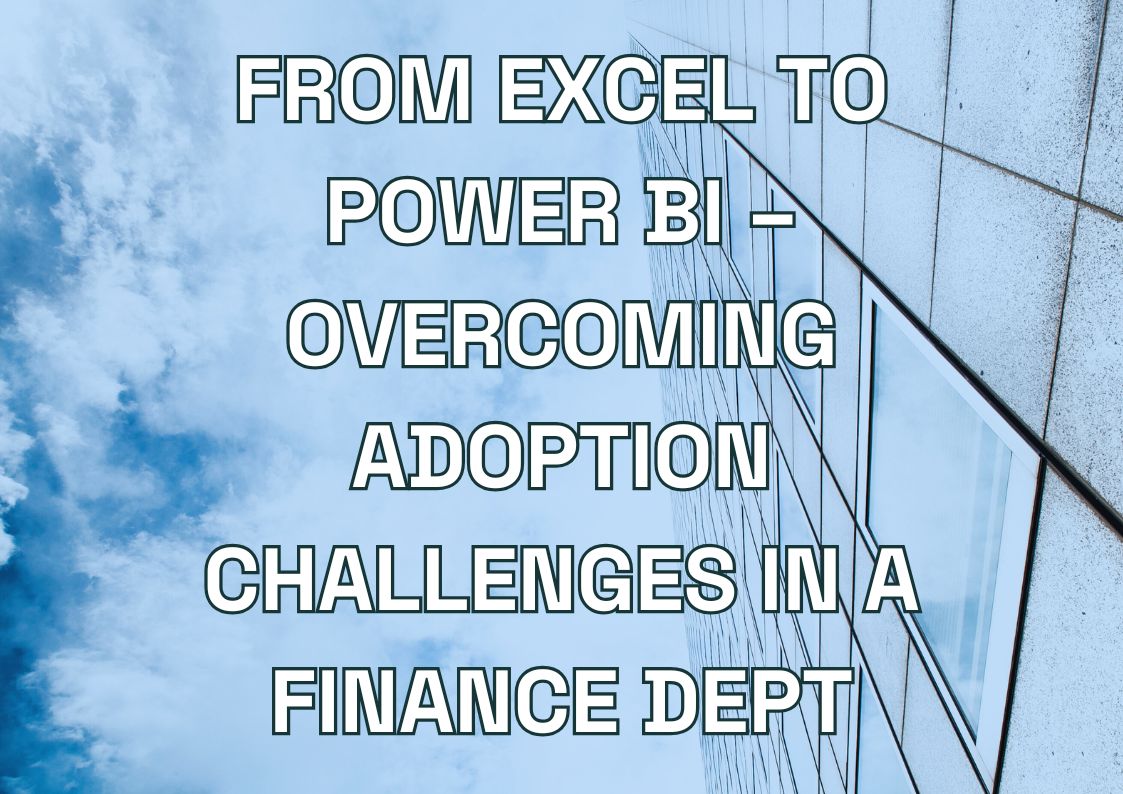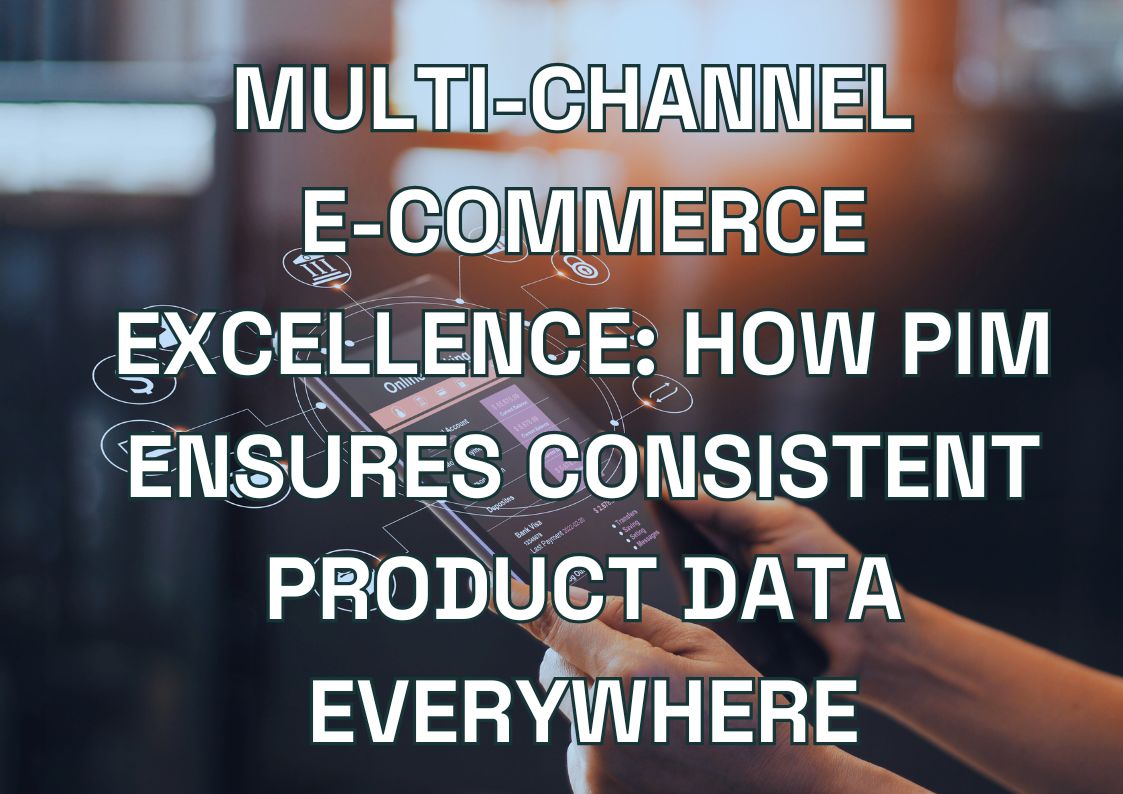In a world where data drives business decisions, leveraging tools like Microsoft Power BI can provide a significant competitive edge. Power BI helps convert raw data into actionable insights, but with multiple versions—Free, Pro, and Premium—it’s important to choose the right one for your organization. This guide explores Power BI’s features and compares the different versions to aid in your decision-making process.
Microsoft Power BI offers a robust suite of tools for data analysis and visualization, catering to various organizational needs through its Free, Pro, and Premium versions. While the Free version empowers individual users with basic reporting, Power BI Pro enhances collaboration and sharing for teams. Power BI Premium, on the other hand, addresses complex BI requirements with dedicated resources and advanced features. Choosing the right version depends on several factors, including organizational size, data volume, budget, and specific use cases. By carefully evaluating these factors, businesses can leverage Power BI to unlock valuable insights and drive data-driven decision-making.
What is Microsoft Power BI?
Power BI is a powerful suite of business analytics tools designed to help users visualize, analyze, and share data insights. It enables the creation of interactive dashboards, reports, and data models, empowering organizations to make data-driven decisions. By incorporating AI-driven predictive analytics and forecasting, Power BI enhances its capabilities, allowing businesses to uncover patterns, anticipate trends, and make more accurate, forward-looking decisions.
Key Benefits of Power BI:
- Self-Service BI: Empowers business users to explore data and create reports without relying heavily on IT departments.
- Interactive Visualizations: Offers a wide range of visually appealing charts, graphs, and maps to present data clearly.
- Data Connectivity: Connects to a variety of data sources (Excel, databases, cloud services, etc.) to consolidate information.
- Collaboration: Allows users to share reports and dashboards, fostering a data-driven culture within organizations.
- AI-Enhanced Predictive Analytics and Forecasting – Leverages AI-powered insights to detect patterns, trends, and anomalies, enhancing predictive analytics and forecasting capabilities.
Why Choosing the Right Version Matters
Selecting the right Power BI version is crucial because it directly impacts:
- Features: Each version offers a varying set of functionalities.
- Cost: Pricing models differ significantly.
- Scalability: The ability to handle growing data volumes and user needs.
- Deployment Options: Cloud-based vs. on-premises deployment.
In the next sections, we’ll take a detailed look at each Power BI version, highlighting the features, ideal use cases, and limitations to help you identify the best fit for your organization’s specific requirements.
Microsoft Power BI Versions: An Overview
Each Power BI version is designed to meet specific needs and caters to different user groups within an organization.
| Version | Core Purpose | Primary Audience |
|---|---|---|
| Power BI Free | Self-service data exploration and basic report creation | Individual users, small teams |
| Power BI Pro | Enhanced collaboration, content distribution, and data governance | Business users, analysts, teams |
| Power BI Premium | Advanced features, large-scale deployment, and dedicated resources | Enterprises, organizations with complex BI needs |
Power BI Free
Ideal for individual users or small teams who want to explore data and create simple reports. It provides a solid foundation for basic visualization and analysis.
Key Capabilities:
- Data connectivity to various sources
- Creation of reports and dashboards
- Basic data modeling and transformations
- Limited sharing and collaboration options
Power BI Pro
The most popular version, Power BI Pro is designed for business users, analysts, and teams who need to collaborate on data and share insights across their organization.
Key Capabilities:
- All features of Power BI Free, plus:
- Enhanced collaboration and sharing
- Content distribution and scheduling
- Data governance and security features
- Larger data storage limits
- API access
Power BI Premium
Power BI Premium is a capacity-based offering that provides dedicated resources and additional capabilities for large-scale deployments and complex BI requirements.
Key Capabilities:
- All features of Power BI Pro, plus:
- Dedicated capacity for faster performance
- Unlimited content sharing (even with non-Pro users)
- Advanced AI and machine learning features
- On-premises deployment with Power BI Report Server
- XMLA endpoint for enhanced governance and management
Choose the best Power BI solution for your business
Our Power BI consultants ensure you select the right version, from Free to Premium, tailored to your needs and budget.
Experts guiding your Power BI journey with tailored solutions.

Experts guiding your Power BI journey with tailored solutions.

Detailed Comparison
| Feature | Power BI Free | Power BI Pro | Power BI Premium |
|---|---|---|---|
| Cost | Free | Per user | Capacity-based (multiple tiers) |
| Storage (per user) | 1 GB | 10 GB | Varies by capacity |
| Refresh frequency | 8 per day | 48 per day | Up to 48 per day (configurable) |
| Sharing and collaboration | Limited | Full | Unlimited (even with non-Pro users) |
| Deployment | Cloud only | Cloud only | Cloud or on-premises (with Power BI Report Server) |
| Licensing | Per user | Per user | Capacity-based |
| Large dataset support | No | Yes | Yes |
| Dedicated capacity | No | No | Yes |
| Advanced AI and ML features | No | No | Yes (depending on Premium tier) |
| XMLA endpoint | No | No | Yes |
| Paginated reports (on-premises) | No | No | Yes (with Power BI Report Server) |
| Other advanced features (e.g., deployment pipelines) | No | No | Yes (depending on Premium tier) |
As you can see, each Power BI version offers distinct advantages tailored to different needs. Be sure to carefully assess your organization’s specific requirements, budget, and future growth plans to choose the version that best aligns with your goals.
Deciding the Right Power BI Version for Your Organization
Choosing the ideal Power BI version involves careful consideration of your organization’s unique circumstances. Here are some key questions to guide your decision:
- What is your primary use case for Power BI?
- Do you need it for individual exploration or enterprise-wide reporting?
- Will you be sharing reports internally or externally?
- Are you looking for advanced AI and ML capabilities?
- How many users will be using Power BI?
- Are you a small team or a large enterprise?
- How many users need to create and publish reports?
- How many users will only view reports?
- What are your data storage and refresh requirements?
- How much data will you be working with?
- How often does your data need to be refreshed?
- Do you have any large datasets?
- What is your budget for Power BI?
- Are you looking for a free solution or are you willing to invest in a paid version?
- What is the total cost of ownership for each version (including licenses, training, and support)?
- Do you have specific deployment requirements?
- Do you need to deploy Power BI on-premises or in the cloud?
- Do you need to integrate Power BI with other systems (e.g., SharePoint, Dynamics 365)?
- What level of data governance and security do you need?
- Do you need to control who can access and share data?
- Do you need to comply with specific regulations (e.g., GDPR, HIPAA)?
Tailored Recommendations
Based on your answers to the above questions, here are some general recommendations:
- Small teams or individuals with basic needs: Power BI Free
- Business users and teams who need collaboration and sharing: Power BI Pro
- Enterprises with complex BI requirements, large-scale deployments, or the need for dedicated resources: Power BI Premium
Here’s a more specific breakdown:
| Organizational Size | Data Needs | Budget | Recommended Version(s) |
|---|---|---|---|
| Small (1-10 users) | Basic | Limited | Power BI Free |
| Medium (10-100) | Moderate | Moderate | Power BI Pro, consider Premium Per User for advanced features |
| Large (100+) | High or complex | High | Power BI Premium (explore different tiers and capacity options) |
Remember: These are just general guidelines. It’s always best to consult with a Power BI expert to get personalized recommendations for your specific situation.
Let's talk about your IT needs

Let me be your single point of contact and lead you through the cooperation process.
Choose your conversation starter
Signed, sealed, delivered!
Await our messenger pigeon with possible dates for the meet-up.








